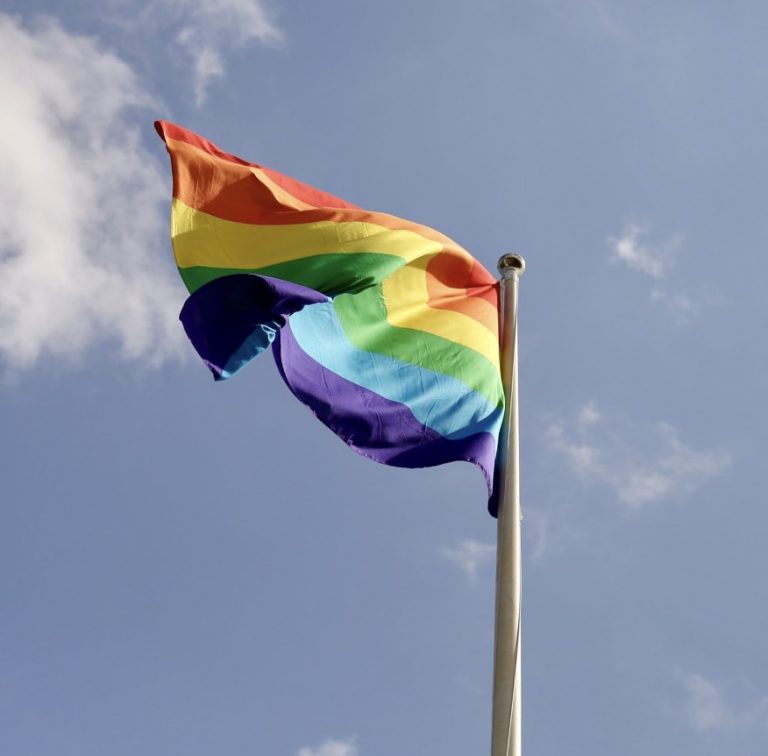Being a teenager can be tough enough with the pressures of school, friendships, and family relationships. But for LGBT teens, there are often added struggles and challenges that can make this phase of life even more difficult. As society works towards becoming more accepting and inclusive of the LGBTQ+ community, it’s important to understand the unique experiences and needs of young people who identify as lesbian, gay, bisexual, transgender, or any other identity within the LGBTQ+ spectrum.
Let’s delve into some key insights on how to support and understand these teens as they navigate their journey toward self-discovery and acceptance. Whether you’re an ally looking to better understand or an LGBTQ+ teen seeking guidance — keep reading for some valuable tips on how to navigate through these hurdles together.
Educate Yourself
One of the most crucial steps in supporting LGBT teens is to educate yourself thoroughly about their experiences and challenges. Understanding the psychological impact of discrimination, bullying, and social stigmas is necessary. Many LGBT teens face significant mental health struggles, and studies have shown that LGBT suicide rates are alarmingly higher compared to their non-LGBT peers. Another aspect to consider is that every individual within the LGBTQ+ community has their own unique experiences and identities. Therefore, it’s essential to educate yourself on the diverse spectrum of sexual orientations and gender identities to better understand and support these teens.
Listen Without Judgement
Active listening is an essential skill when supporting LGBT teens: it involves giving them the space to express their thoughts and feelings without fear of judgment or rejection. Utilize open-ended questions to encourage them to share their experiences, and ensure you validate their emotions and perspectives.
Listening without judgment also means being aware of your own biases and working to overcome them. Now more than ever, it’s crucial to acknowledge and challenge any preconceived notions or stereotypes you may hold about the LGBTQ+ community.
Use Inclusive Language
Language shapes our perceptions and attitudes toward certain groups. When interacting with LGBT teens, use inclusive language that affirms their identity and does not invalidate or dismiss their experiences. Use the correct pronouns and avoid assumptions about a person’s sexual orientation or gender identity.
Additionally, be mindful of the terms you use when discussing topics related to the LGBTQ+ community. Some words may carry negative connotations or perpetuate harmful stereotypes, so make sure to educate yourself on appropriate terminology.
Encourage Self-Expression
Encouraging self-expression is particularly important for LGBT teens as they navigate their identities and come to terms with who they are. Allow them the freedom to explore different forms of self-expression, whether it’s through fashion, art, or other creative outlets.
You can also help create safe spaces for them to express themselves, mostly at school, within the community, and at home. Let them know that it’s okay to be themselves and offer your support in their journey of self-discovery.
Be an Ally
Being an ally means actively supporting and advocating for LGBT teens. Show solidarity by standing up against discrimination and speaking out against homophobia and transphobia whenever you encounter them. Attend pride events, join supportive communities, and educate others about issues affecting LGBT youth.
Your actions can make a significant impact, providing much-needed validation and encouragement for teens who may feel isolated or misunderstood. Being an ally is not just about words; it’s about consistent, proactive efforts to foster an environment of acceptance and equality. Your support can help LGBT teens feel seen, heard, and valued as they navigate their unique paths.
Seek Professional Support
Sometimes, the challenges faced by LGBT teens require professional intervention. Counselors, therapists, and other mental health professionals who specialize in LGBTQ+ issues can provide invaluable support and guidance. Encourage LGBT teens to seek out these resources if they are struggling with their mental health, experiencing bullying, or having difficulties with their identity.
Professional support can help them develop coping strategies and resilience, fostering a healthier and more positive outlook on life. Even schools and community organizations often offer resources and support groups that can provide a sense of community and belonging.
Promote a Healthy Online Presence
While the internet can offer supportive communities and resources, it can also expose teens to cyberbullying and negative influences. LGBT teens must curate their online presence by following affirming accounts, joining positive and supportive online communities, and engaging with content that promotes self-acceptance and resilience.
Help them set boundaries to protect their mental health, such as limiting screen time and knowing when to step away from toxic conversations or environments. Additionally, educate them about online safety and privacy, ensuring they know how to protect their identities and well-being in virtual spaces.

Understanding and supporting LGBT teens is essential for fostering an inclusive and accepting society. Armed with the tips outlined in this article, we can create environments where these teens feel safe and valued. Being an ally and seeking professional support when needed further demonstrates our commitment to their well-being. By taking these steps, we contribute to a world where LGBT teens can thrive and embrace their true identities with confidence and pride.


0 Comments